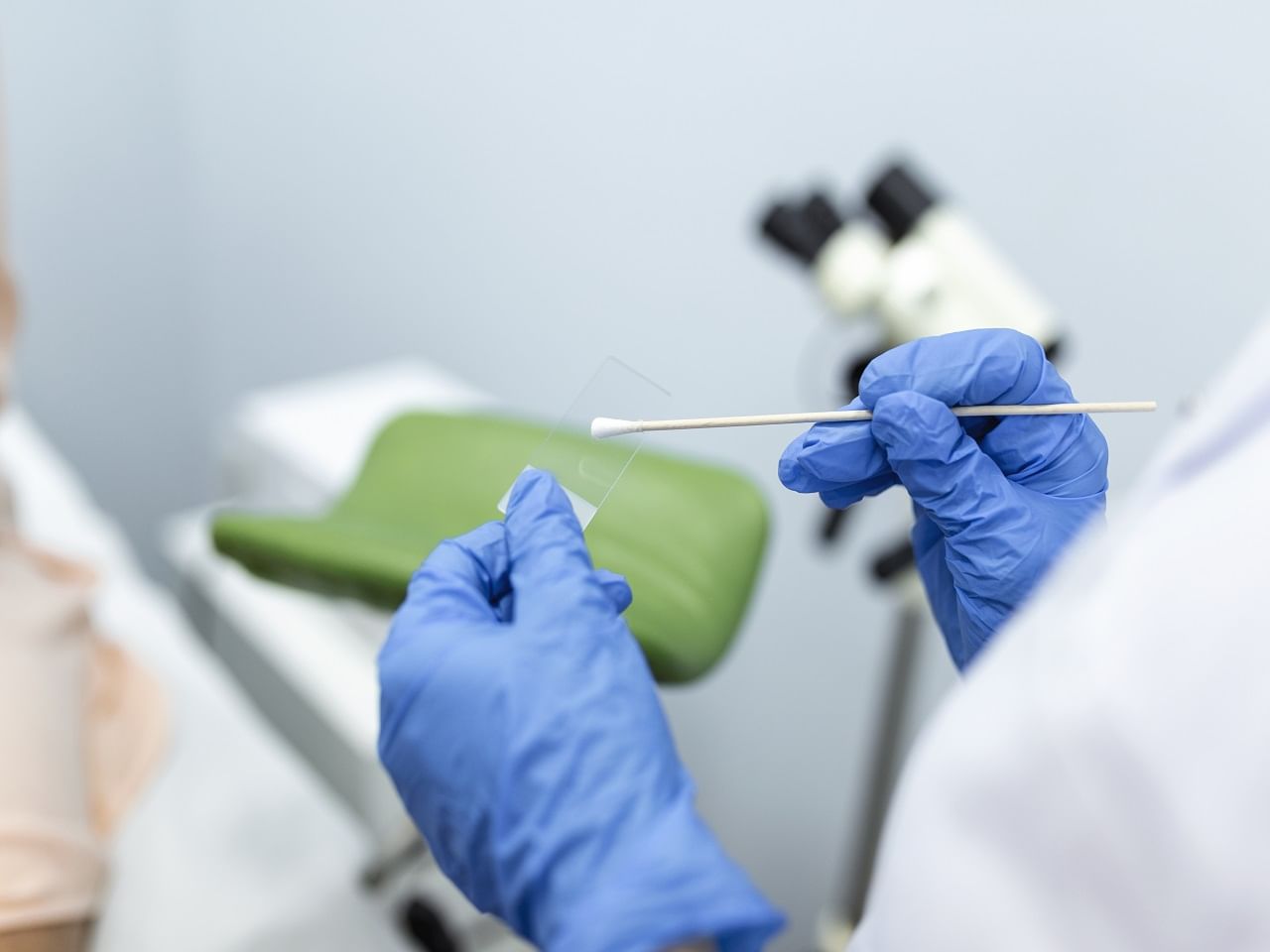New Delhi: Preventive screening is extremely important for early detection and management of potential health issues before they become severe. Among these, the Pap smear stands out as a life-saving test for cervical cancer prevention. Along with this, HPV testing, mammogram, pelvic ultrasound, and regular annual check-up are essential to ensure women maintain their reproductive and overall health.
While interacting with News9Live, Dr. Astha Dayal, Director of Obstetrics and Gynecology, CK Birla Hospital Gurgaon, Robotic and Laparoscopic Surgeon, explained how pap smears can be life-saving, especially with the rising cervical cancer cases globally.
Understanding Pap Smears
Also known as a Pap test, Pap smears are one of the most effective screening tools used for detecting abnormal cells in the cervix that may later develop into cancer. Gynecologists collect a small sample of cells from the cervix, which is then examined in the lab for any abnormalities such as precancerous or cancerous changes. This test is recommended for women aged 21 years and older, every 3 years till 30 years of age; after 30 years, a combined Paps + HPV test is recommended at an interval of 5 years.
Doctors say that the primary cause of cervical cancer is human papillomavirus (HPV). A common sexually transmitted infection, it must be detected timely and with that, the likelihood of developing cervical cancer is reduced. If abnormal cells are found, a biopsy or colonoscopy can help determine the next steps depending on the severity of the tumour.
Other preventive screenings for women
- HPV test: This one is often performed along with a pap smear, and it helps detect high-risk strains of HPV, which can lead to cervical cancer.
- Mammograms: Recommended for women over 40 or earlier for those at high risk, mammograms help detect breast cancer in its early stages.
- Pelvic Ultrasound: Used to assess the uterus, ovaries, and fallopian tubes, it aids in detecting conditions like ovarian cysts, fibroids, and endometriosis.
- Bone Density Test: Especially crucial for postmenopausal women, this test helps identify osteoporosis and the risk of fractures.
- Sexually Transmitted Infection (STI) Screening: Routine annual STI testing is essential for sexually active women to prevent complications such as pelvic inflammatory disease (PID) and infertility.
